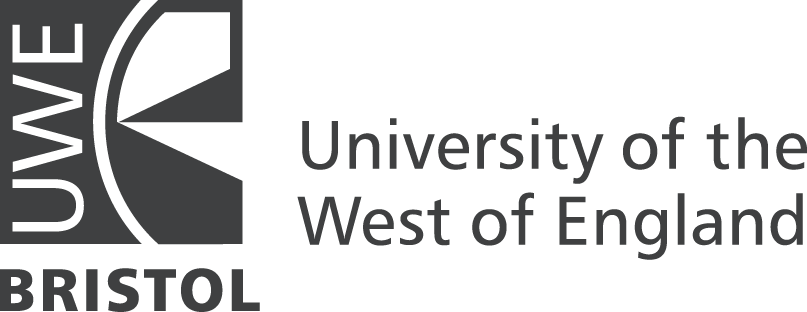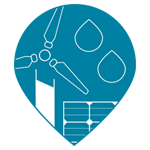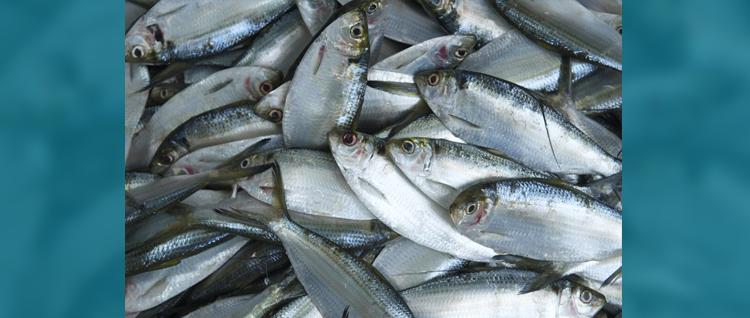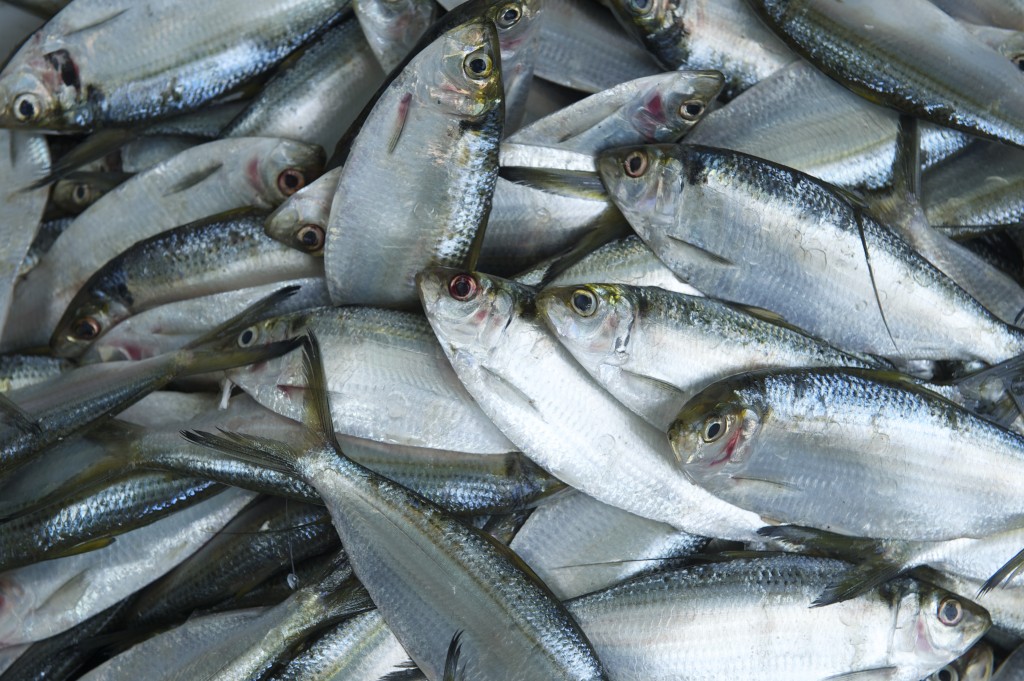University of the West of England


![]()

Research at UWE Bristol has been instrumental in major initiatives to tackle overfishing. These initiatives have been effective both in the UK’s own coastal waters and elsewhere, and include the establishment of the world’s largest marine reserve.
Fish – enjoyed by and depended upon by millions worldwide – is under dire threat of being harvested faster than the stock can reproduce. UWE Bristol researchers have played an instrumental role in tackling overfishing in the UK’s own coastal waters and elsewhere.
In 2008, the Community of Arran Seabed Trust (COAST) was set up to protect marine life near the Isle of Arran after drawing upon findings of UWE Bristol legal research which showed that the Scottish Government had a duty to coastal communities in managing fishing rights. This helped them to create Scotland’s first fully protected marine reserve in the island’s Lamlash Bay to strike a balance between fishing and conservation.
UWE Bristol’s research team were then invited to meet with organisations interested in setting up similar reserves. Together they established a conservation agency, the Blue Marine Foundation (BLUE) with Appleby as one of its trustees. And in 2010, BLUE used UWE Bristol research to argue that that the Foreign and Commonwealth Office, as owner of the fishery, could create a reserve in a UK overseas territory much more easily than in domestic waters.
Supported by a multimillion-pound grant from the Bertarelli Foundation, the agency negotiated the huge Chagos Islands marine reserve in the British Indian Ocean Territories which at nearly 640,000 km2 became “the world’s largest marine reserve”.
UWE Bristol research was also used by the Marine Conservation Society, acting with environmental lawyers, to successfully challenge the UK government on its failure to regulate fishing according to the EU Habitats Directive. This protects wildlife and their habitats in a network of so-called ‘Natura 2000’ sites within member states who each regulate activities within their own sites. However, they have not typically regulated fishing. As a result of the legal action, the UK sites will, for the first time, be protected against harmful fishing operations and it is likely that other EU member states will now follow suit.
The researchers’ work has also helped to protect the rights of smaller, more sustainable fishermen after their representative body and Greenpeace lobbied the UK government to reallocate unused quota to the inshore sector. The group was also able to use the research to fight off a legal challenge concerning property rights by representatives of companies that currently held large quotas – safeguarding the public ownership of an asset valued at around £1 billion.




